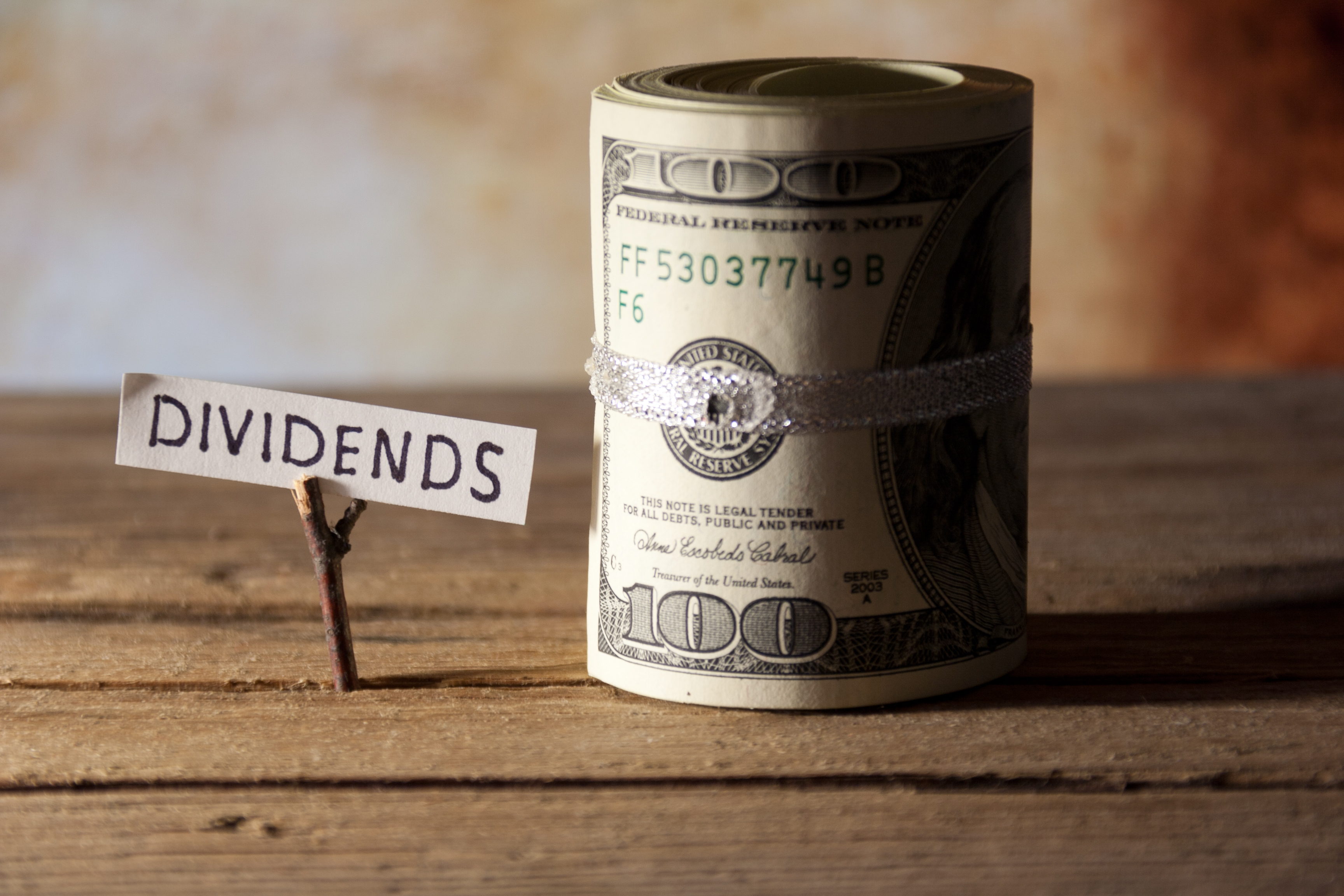Dividend stocks have delivered the lion's share of returns for equity investors over the past century. The core reason is the compounding effect of dividend reinvestment, along with the generally above-average financial health of dividend-paying companies.
Within the diverse dividend stock universe, retailers Walmart (NYSE:WMT) and Target (NYSE:TGT) have long been among the group's best performers. Both companies are prized by dividend investors for their reliable payouts, prudent capital management, and top-tier competitive positions in the retail landscape.

Image source: Getty Images.
Here is a side-by-side comparison of how these two top dividend stocks stack up.
Market position and financial health
Walmart's vast scale provides a significant competitive advantage in the fiercely competitive retail industry, with its extensive network of stores reaching the majority of U.S. consumers. The company's wide assortment of goods, including a substantial grocery offering, insulates it somewhat from digital competition. Target, under CEO Brian Cornell since 2014, has focused on enhancing its in-store shopping experience and building out omnichannel fulfillment capabilities through its "stores as hubs" model.
On the financial side of the ledger, Walmart is forecast to grow its top line by 8.6% over fiscal years 2025 and 2026, according to Wall Street analysts. The company's debt-to-equity ratio stands at 75%, and it generated operating cash flow of $35 billion over the prior 12 months.
Target's financial picture, on the other hand, isn't quite as robust. The retail giant is projected to experience an 8.4% revenue decline in fiscal 2025 before a modest 3.6% uptick in sales in fiscal 2026. Its debt-to-equity ratio also stands at a hefty 144%, indicating that the retailer has a highly leveraged balance sheet. Target generated $8.46 billion in operating cash flow over the past 12 months, which pales in comparison to Walmart's annual operating cash flow.
Valuation, shareholder rewards, and outlook
Walmart stock trades at 28.9 times forward earnings, compared to Target's 16 times and the S&P 500's 21.5 times. Walmart offers a dividend yield of 1.19% with a 33% payout ratio, while Target provides a higher 3% yield but with a 49% payout ratio. Walmart has increased the size of its dividend checks every year since 1974. Target has done so since it became a public company in 1967.
Both companies have steadily reduced their outstanding share count through buybacks in recent years, with Walmart decreasing its share count by 5.7% and Target by 10.2% over the past five years.
WMT Average Diluted Shares Outstanding (Annual) data by YCharts
Both retailers face ongoing challenges from e-commerce competition. Walmart's recent investments in supply chain automation are expected to drive margin expansion. Target, for its part, continues to focus on its brand image, omnichannel capabilities, and unique shopping experience. The retailer is also implementing an artificial intelligence initiative to enhance its shopping experience and presumably to lower costs.
Verdict
While Target offers a higher current yield and a longer streak of dividend increases, Walmart's stronger financial position, lower payout ratio, and better growth prospects may make it a more attractive option for long-term dividend investors. However, investors prioritizing current income might prefer Target, thanks to the retailer's substantially higher yield and exceptionally long streak of boosting the dividend.
Should you invest $1,000 in Walmart right now?
Before you buy stock in Walmart, consider this:
The Motley Fool Stock Advisor analyst team just identified what they believe are the 10 best stocks for investors to buy now… and Walmart wasn’t one of them. The 10 stocks that made the cut could produce monster returns in the coming years.
Consider when Nvidia made this list on April 15, 2005... if you invested $1,000 at the time of our recommendation, you’d have $692,784!*
Stock Advisor provides investors with an easy-to-follow blueprint for success, including guidance on building a portfolio, regular updates from analysts, and two new stock picks each month. The Stock Advisor service has more than quadrupled the return of S&P 500 since 2002*.
*Stock Advisor returns as of July 29, 2024
George Budwell has positions in Target. The Motley Fool has positions in and recommends Target and Walmart. The Motley Fool has a disclosure policy.





/Tesla%20Inc%20tesla%20by-%20Iv-olga%20via%20Shutterstock(1).jpg)
/Stickers%20with%20AMD%20Radeon%20and%20Nvidia%20GeForce%20RTX%20graphics%20on%20new%20laptop%20computer%20by%20Piotr%20Swat%20via%20Shutterstock.jpg)

/Chipotle%20Mexican%20Grill%20lunch%20by-%20dennizn%20via%20Shutterstock.jpg)